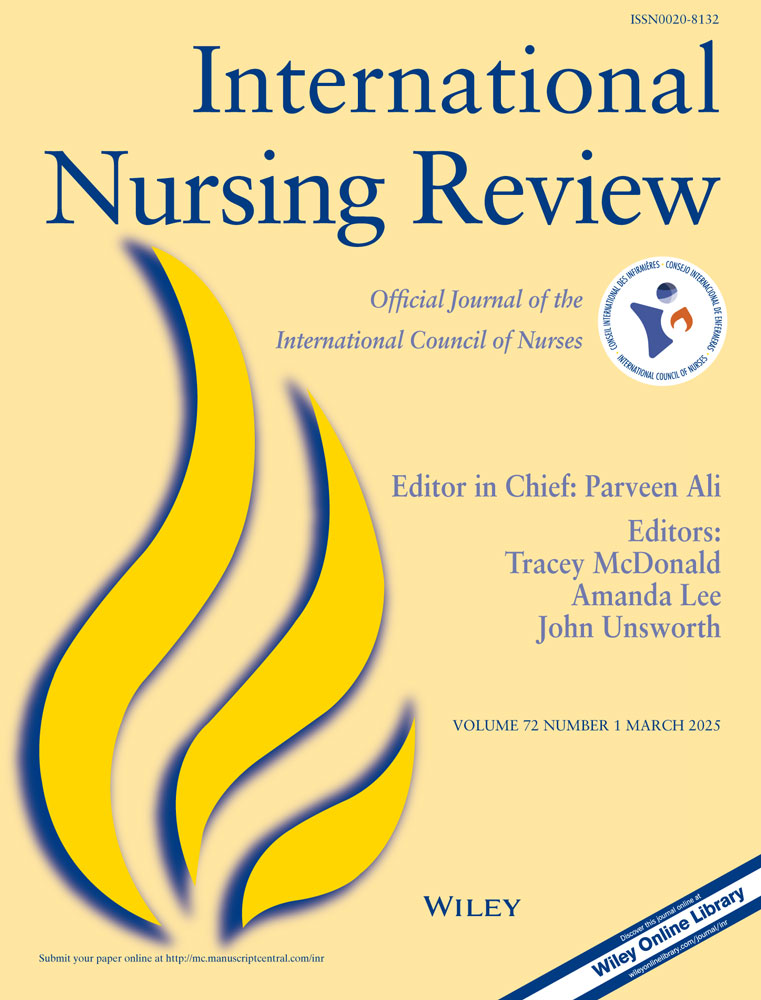Effects of a disincentive policy on behavioral changes by South Korean medical institutions that do not submit official nursing grade data
Abstract
Aim
This study aimed to determine whether the policy of imposing deductions on medical institutions in South Korea led to increased submission of nursing grade data.
Background
In Korea, medical institutions are required to report data on their nursing workforce; however, many institutions did not comply with this regulation, making it difficult to gauge their level of nurse staffing. Therefore, in 2020, a nursing fee deduction policy was introduced that penalizes medical institutions financially for failing to submit nursing workforce data.
Methods
We prospectively collected data on the characteristics, nursing grade, and data submission status of 1,200 hospitals in South Korea from 2015 to 2021. We analyzed the submission rate of data related to nursing grades according to the characteristics of the medical institutions and evaluated the effect of policy change on data submission status using multiple logistic regression.
Findings
The submission rate of data increased from 50.2% in 2015 to 93.3% in 2021, and 39.3% of medical institutions that had not previously submitted data did so after the policy was introduced. The submission rate of medical institutions unaffected by the policy also increased after its introduction. Compared with 2015, the likelihood of medical institutions submitting data increased by 23.69 times in 2020 and 20.47 times in 2021.
Conclusion
The appropriate use of disincentive policies, such as financial deductions for medical institutions showing inappropriate behavior, was found to be effective in inducing desirable changes in the behavior of medical institutions.
Implications for nursing and health policy
Properly planned and implemented policies can contribute to improved quality of medical services and patient safety through effective administrative control.
CONFLICT OF INTEREST STATEMENT
The authors declare that there are no conflicts of interest regarding the publication of this paper.
Open Research
DATA AVAILABILITY STATEMENT
The data that support the findings of this study are available on request from the corresponding author.




